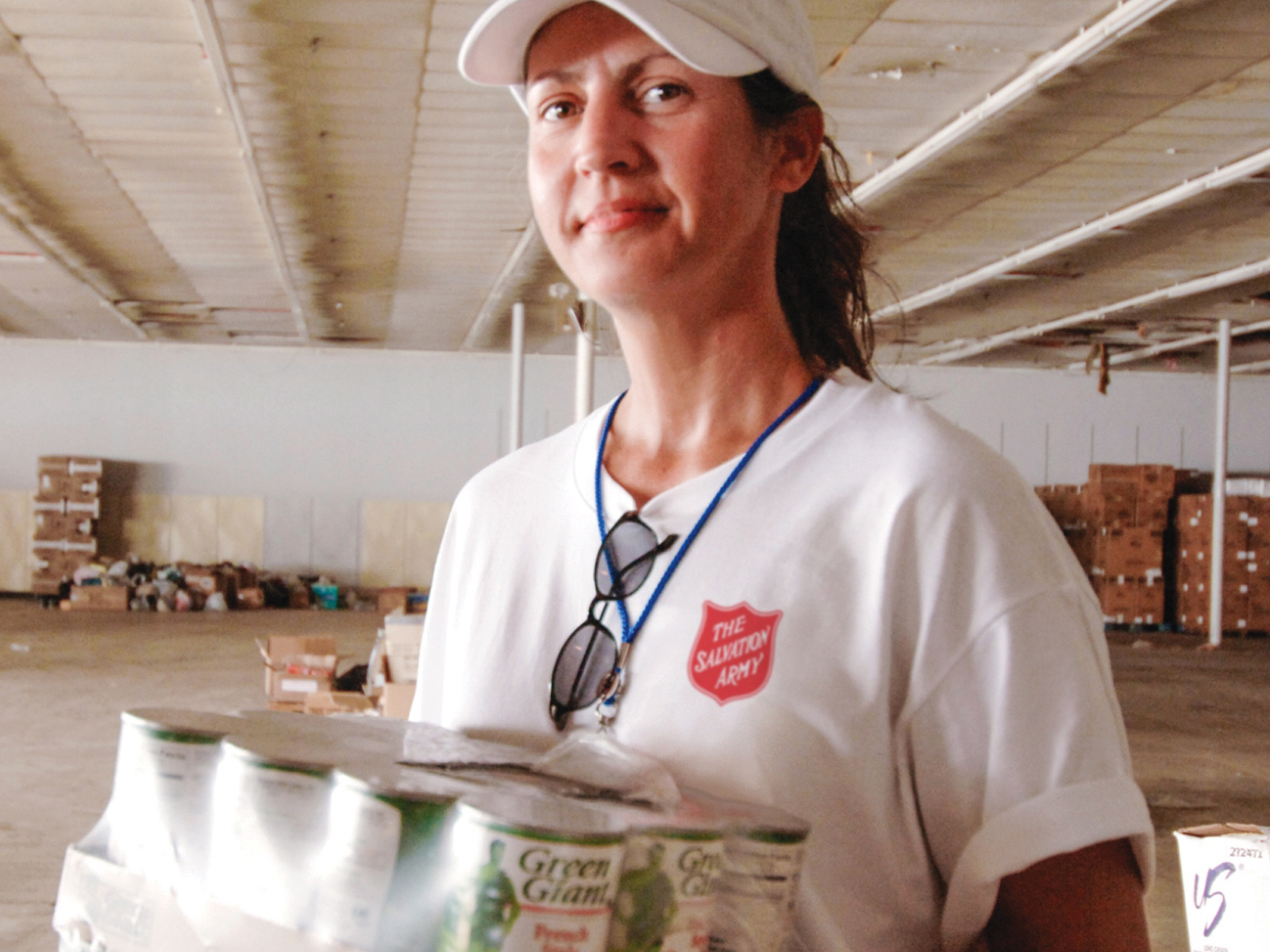An interview with child life specialist Dr. Jennifer Burton Liang
Q . You’re a child life specialist. What does that involve?
Child life specialists aim to reduce the stress and anxiety that children and families experience in challenging life situations, and maximize their ability to cope with the stressors that do exist.
I am employed at Windsor Regional Hospital. My day is mostly spent preparing patients for procedures, helping them develop coping strategies, providing support during procedures and bringing activities to help with distraction, relaxation and normalization. I also train and supervise an amazing team of volunteers and students, and ensure our playrooms are safe and tidy.
Q . How do you help create a positive experience?
I try to meet with each child and family to discover their needs. One child might need information, support and advocacy for pain control, while others might simply want to play and express themselves. I try to be mindful of how the physical hospital environment can appear to a child, and we make the paediatrician unit and various playrooms inviting and fun. We know we’re doing a good job when the children don’t want to leave!
Q . Can you share some concerns that you help kids deal with?
A common fear that most kids (and adults!) deal with is needle sticks. In addition to preparing a child for this procedure and offering coping strategies, we can offer children topical pain control. By controlling the pain, we can greatly reduce this anxiety.
Q . Tell us one of the proudest moments of your career.
Whenever we have a child who completes a major course of treatment or graduates to adult care, he or she gets to bang a gong. There is usually a big crowd, and everyone cheers and claps. It is such a wonderful celebration of the child’s hard work to reach that milestone, but also a way for us as a team to be proud of how we supported that person on his or her journey. It puts a lump in my throat every time!
Q . When do you get involved with a child?
A child life specialist can become involved as soon as a child enters the hospital. It is best for us to work with a child prior to their procedure so that we can offer preparation and suggestions for coping. Some common strategies we offer kids include blowing on a pinwheel or bubbles, or looking at an I Spy book. We will continue to work with the child and family until discharge.
Q Any tips for parents and kids?
It is important to be honest with your child about medical procedures, albeit using developmentally appropriate and child-friendly terms. Some parents are afraid to tell their child about an upcoming procedure because they don’t want the child to “freak out.” However, this doesn’t allow the child the opportunity to ask questions, dispel misconceptions and develop coping strategies.
You can contact your local child life program if you have questions about how to properly prepare your child for a procedure. Visit www.wrh.on.ca/childlife and click on “Children’s Educational Brochures” for useful materials.
Jennifer Burton Liang, BFA, DipAT, OATR, CCLS, is a child life specialist.













